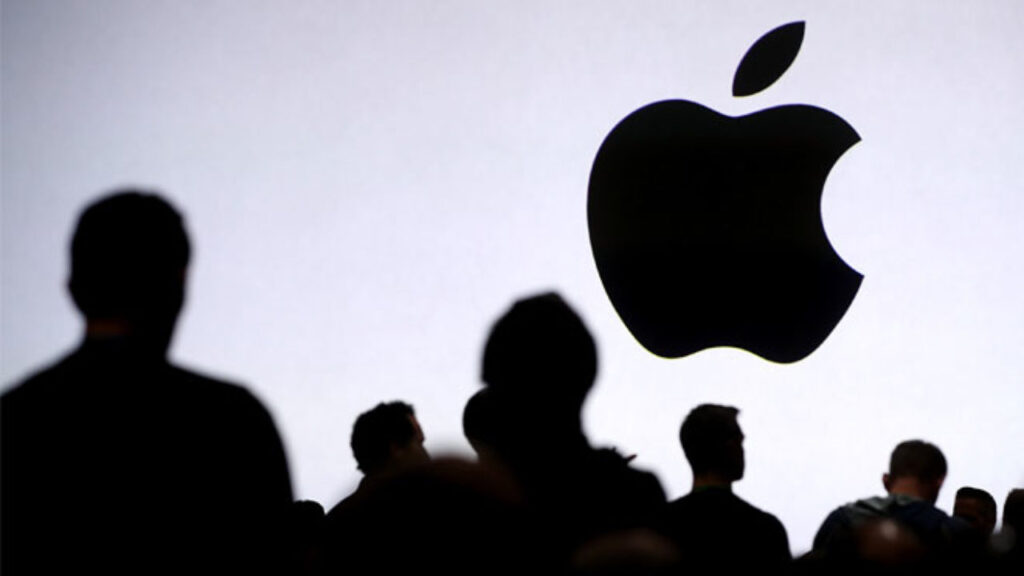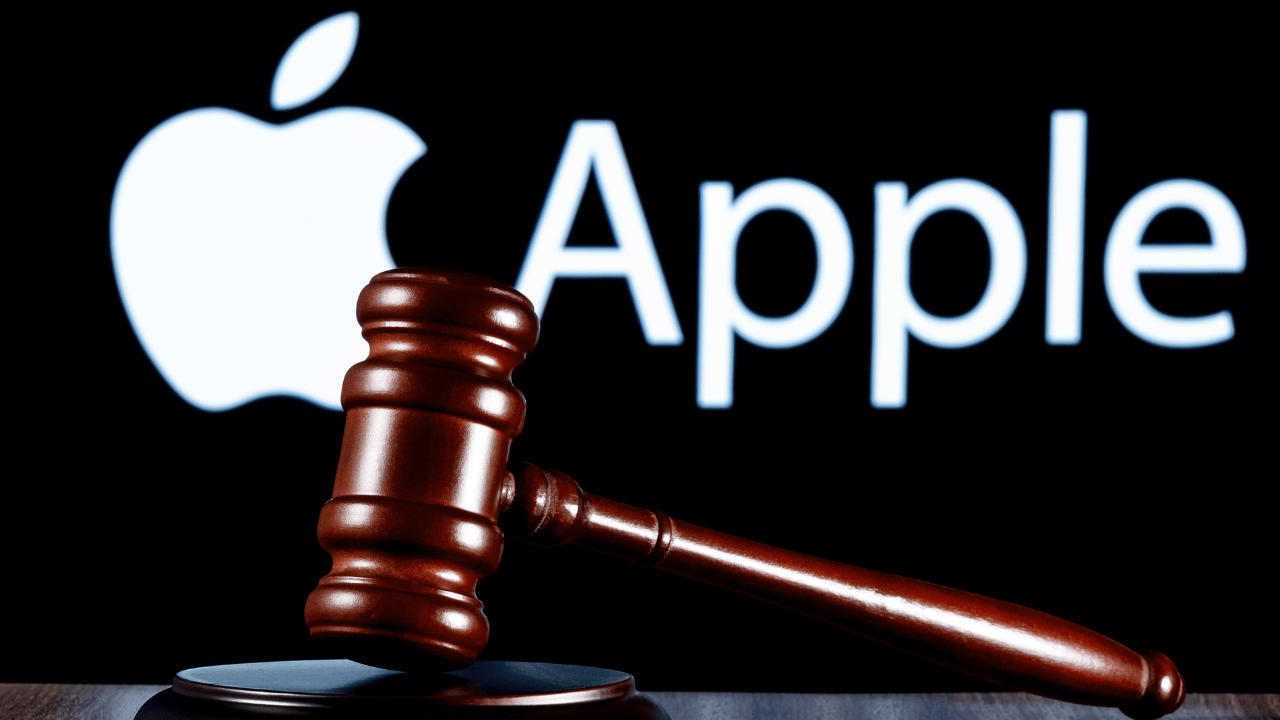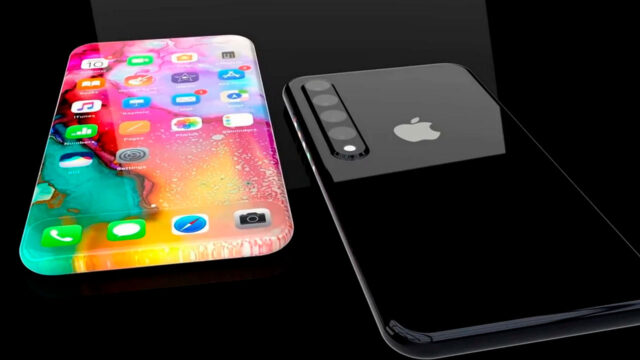Last year, Apple didn’t have an easy time in Europe. Due to the conditions they wanted to achieve, Apple is replacing the proprietary Lightning connector on the iPhone with a standard USB-C port. Now, after a recent decision, some app developers have expressed their dissatisfaction with Apple. In fact, a billion-dollar lawsuit has been filed against Apple by these developers.
The billion-dollar lawsuit against Apple was brought by developers!
The Digital Markets Act (DMA) of the European Commission is compelling Apple to allow iPhone users to install third-party applications from sources outside the App Store starting from March 6, 2024. This means that iPhone users in the 27 EU member countries will be able to download applications from third-party iOS app stores on or after that date.

Apple, however, opposes these out-of-App Store installations due to several reasons. Firstly, they fear an increase in the installation of malicious software if iPhone users are allowed to install apps not approved by Apple. Secondly, Apple would miss out on revenue from apps installed outside the App Store as they wouldn’t be able to collect their usual commissions.
For those who are not familiar with it, let’s explain: Apple takes a cut of around 15% to 30% from the value of in-app purchases and subscriptions, pocketing it as a “commission.” The latest bad news for Apple on this matter came from a 1 billion dollar collective lawsuit filed by 1,500 app developers due to App Store fees. The problem lies in the mentioned 15% to 30% Apple Tax.
The tech giant argues that 85% of App Store developers do not pay any “commission” to Apple, and they state that the App Store helps European developers market their apps in 175 countries worldwide. However, this argument has not convinced the developers. The collective lawsuit was filed on behalf of 1,566 app developers by Sean Ennis, who works as a professor at the Competition Policy Centre at the University of East Anglia and as an economist at the OECD.
Ennis stated, “The fees charged by Apple to app developers are excessive. These fees constitute unfair and exploitative pricing on their own. They harm app developers and also app buyers.” The outcome of the lawsuit is still uncertain, and it is expected to be resolved in the coming months.














